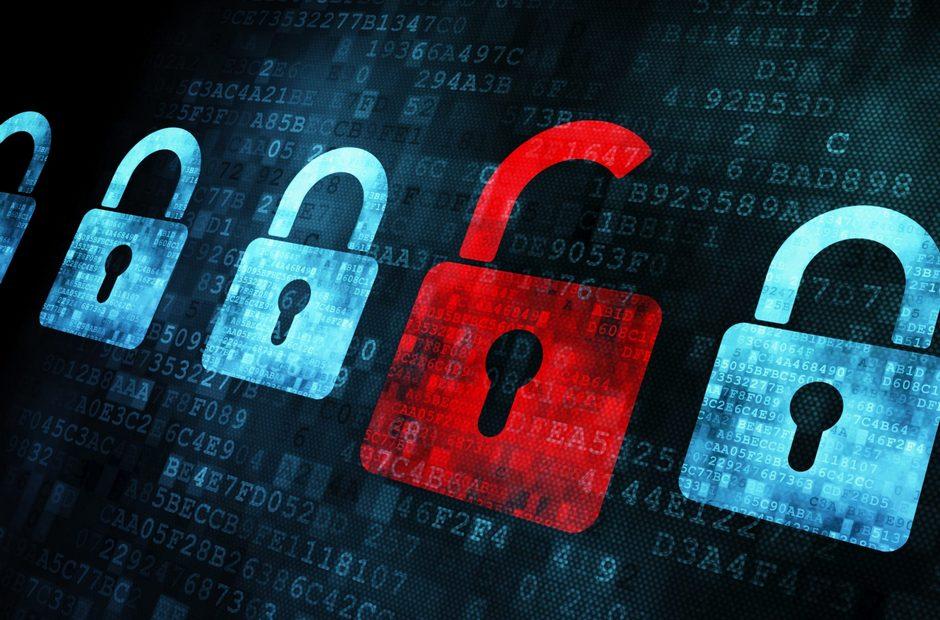Protect Yourself
Helpful tips to secure your digital presence
The number one cause of cybersecurity headaches is poor password practices. Back in 2012, the Dropbox hack was caused by an engineer using the same password for his LinkedIn account, as well as the one he used for work. Doing so caused a massive data breach that exposed over 68 million user passwords to leak over the Internet.
NSA whistleblower and privacy activist, Edward Snowden never hacked anything but was able to convince his colleagues at the NSA to give him their usernames and passwords to access information he would later leak to the press. In this age of freely accessible, digital information, how do you practice good password hygiene?
- USE A PASSWORD MANAGER. Using a password manager allows you to create strong, unique passwords for each of your sites. In addition to this, you can manage all your passwords through one service and access it through most modern browsers. Using a password manager does require you to trust the service in question, but most users are confident in the security measures these services provide. Some of the most popular password managers include LastPass, Dashlane, and 1Password.
- USE UNIQUE PASSWORDS FOR EVERY SITE. This one tip is more important than anything else. Using the same password for your bank as you do for your email can expose you to multiple data breaches if your passwords are ever compromised, such as the Yahoo hack in 2013.
- USE STRONG PASSWORDS. The strength of a password is generally determined by its length and complexity of characters. Long passwords that use special characters such as @#$%^&* are less likely to be hacked than those that are short and only use alphanumeric combinations. In addition to this, passwords should not use words or word combinations that are related to you. References such as names, locations, birthdays, or permutations of words used for passwords are easier to hack because of their simplicity. Just listen to Edward Snowden explain the dangers of using bad passwords.
- CHANGE YOUR PASSWORDS AFTER A DATA BREACH. If there is ever news of a massive data breach with a company or service you use, be sure to change your passwords immediately regardless of what the report says. While companies do use security measures to protect user data, it is better to change your passwords as a precautionary measure. If you are every unsure, you can always check to see if your passwords have been compromised.

